detail profile marcelo gomes
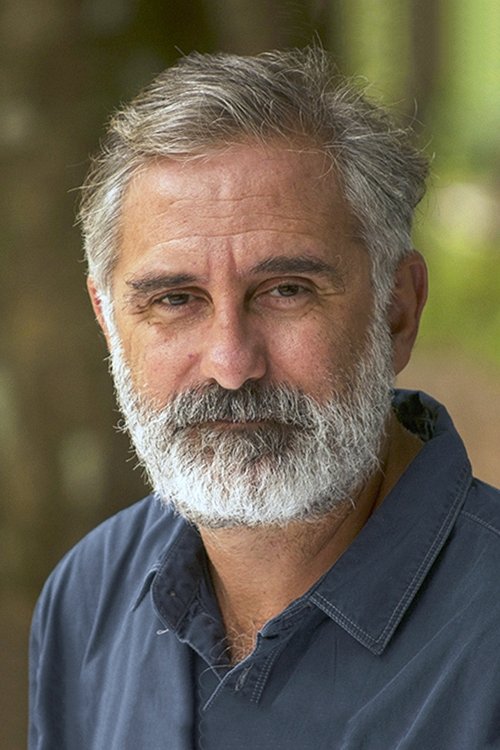
Riwayat Hidup
Marcelo Ferreira de Oliveira Gomes is a renowned Brazilian filmmaker, widely praised for directing the film "Cinema, Aspirins and Vultures" In 2018, Marcelo directed a fictional film inspired by the historical figure Tiradentes.
Throughout his career, he has built a diverse and influential filmography.
In 1995, he directed the short film "Maracatu, Maracatus" followed by the short "Clandestina Felicidade" in 1998 and "Punk Rock Hardcore: Alto José do Pinho É do Caralho!" in 1999.
In 2000, he released "The Brazilians.
" His recognition increased in 2005 with "Cinema, Aspirins and Vultures.
" In 2009, he released "I Travel Because I Have to, I Come Back Because I Love You" and, in 2012, "Once Upon a Time Veronica.
" He continued his work with "The Man of the Crowd" in 2013, "Joaquim" in 2017, "Waiting for the Carnival" in 2019, and, more recently, "Paloma" in 2022.
Marcelo Gomes is recognized for his unique style and narratives that explore profound aspects of Brazilian culture and society.
Info Pribadi
Peran Yang Di Mainkan Marcelo Gomes
 Sidarta Ribeiro a Brazilian neuroscientist explores...
Sidarta Ribeiro a Brazilian neuroscientist explores...Criaturas da Mente 2025
Sidarta Ribeiro, a Brazilian neuroscientist, explores how dreams and other forms of access to the unconscious can transform human experience. In his research, he proposes combining the ancestral knowledge of indigenous peoples and people of African origin in Brazil with scientific knowledge, as well as a scientific reevaluation of experiences with hallucinogens.
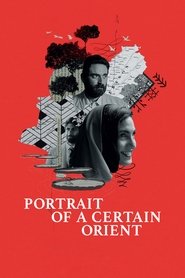 At the end of the 1940s...
At the end of the 1940s...Portrait of a Certain Orient 2024
At the end of the 1940s, Lebanon is sliding towards a devastating conflict. Catholic siblings Emilie and Emir decide to leave for Brazil. Aboard the ship to their new home, Emilie falls in love with Omar, a Muslim merchant. For an enraged and jealous Emir, the relationship is intolerable. As the story unfolds against the backdrop of the majestic rainforest, Emir’s actions and the choice that Emilie subsequently makes lead to disastrous consequences.
 On a hot summer day Paloma...
On a hot summer day Paloma...Paloma 2022
On a hot summer day, Paloma decides to fulfill her most cherished dream: a traditional wedding in a church with her boyfriend Zé. She is a devoted mother, a hard-working farmhand in a papaya plantation and has been saving to afford the celebration. The priest’s refusal to marry her and Zé will force Paloma to confront the rural society. She suffers violence, betrayal, prejudice and injustice but nothing shakes the faith and determination of this transgender woman.
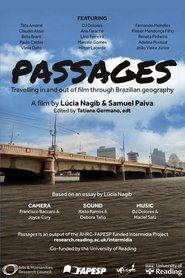 Passages showcases Brazilian films in which...
Passages showcases Brazilian films in which...Passages: Travelling in and out of Film through Brazilian Geography 2019
Passages showcases Brazilian films in which the utilisation of artforms and media such as literature, painting, theatre, music, photography, radio and television, functions as a 'passage' to political and social reality.
 In 2027 Brazil civil servant Joana mainly...
In 2027 Brazil civil servant Joana mainly...Divine Love 2019
In 2027 Brazil, civil servant Joana mainly deals with divorce cases. As a member of a branch of evangelical Christians known as the Divino Amor group, she uses her position to offer a kind of physical therapy to couples who want to separate. Although Joana and her husband Danilo regularly consummate their marriage, neither her constant prayers nor any other methods of assistance seem to be able to fulfill their desire for a child.
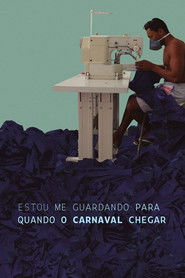 A documentary film about the Brazilian...
A documentary film about the Brazilian...Waiting for the Carnival 2019
A documentary film about the Brazilian town of Toritama, the self-proclaimed capital of jeans. The workers of the city’s self-managed small businesses only get one real break from their self-exploiting lives in the textile business: the annual Carnival.
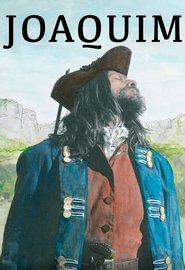 Brazil 18th century The colony of...
Brazil 18th century The colony of...Joaquim 2017
Brazil, 18th century. The colony of Portugal endures a decline in gold production. A Portuguese minority rules over a corrupt and autocratic society. Joaquim is an efficient soldier, famous for capturing gold smugglers. While waiting for his promotion to Lieutenant, he leaves for a risky mission in search of new gold mines - the only way to buy the freedom of Blackie, a slave he is in love with. Inspired by the true story of Tiradentes, the first leader of the Brazilian revolutionary movement.
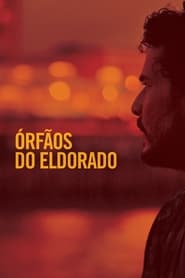 A man returns to his hometown...
A man returns to his hometown...Orphans of Eldorado 2015
A man returns to his hometown and resumes a dangerous old affair...
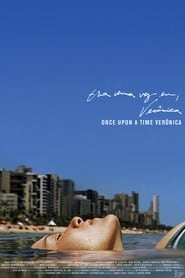 Veronica a young woman lives in...
Veronica a young woman lives in...Once Upon a Time Veronica 2012
Veronica, a young woman, lives in Recife, one of the most violent cities in Brazil. Her life is filled with fleeting love affairs and passing romances. As her father feels his death approaching, he asks a favor: that she finds true love before he passes away.
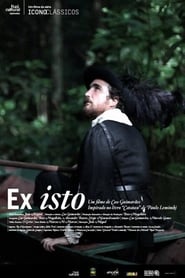 Freely inspired by the work Catatau...
Freely inspired by the work Catatau...Ex-It 2011
Freely inspired by the work Catatau, by Paulo Leminski, the plot begins with the historical hypothesis imagined by the poet from Curitiba: “What if René Descartes had come to Brazil with Maurício de Nassau?” The film materializes this hypothesis and joins the father of modern philosophy in his journey through the tropics. Under the effect of hallucinatory herbs, he investigates questions revolving around geometry and optics in the face of an absolutely strange world. Known for his famous sentence “I think, therefore I am”, Descartes faces his doubt towards phenomena reason doesn’t explain. René, Renatus, Re born.
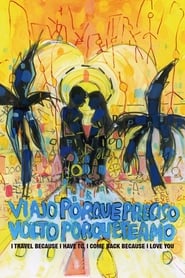 Jos Renato a 35yearold geologist is...
Jos Renato a 35yearold geologist is...I Travel Because I Have to, I Come Back Because I Love You 2010
José Renato, a 35-year-old geologist, is sent out on a solitary expedition to the hinterlands of northeastern Brazil. The purpose of the trip is to assess possible routes for a canal that will connect the area with the only major river in the region. As the field trip progresses, it becomes clear that Renato shares with those places the same emptiness, sense of abandonment and isolation.
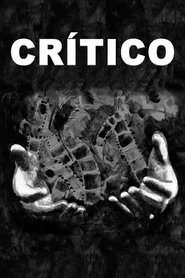 Seventy critics and filmmakers discuss cinema...
Seventy critics and filmmakers discuss cinema...Critic 2008
Seventy critics and filmmakers discuss cinema around the conflict between the artist and the observer, the creator and the critic. Between 1998 and 2007, Kléber Mendonça Filho recorded testimonies about this relationship in Brazil, the United States and Europe, based on his experience as a critic.
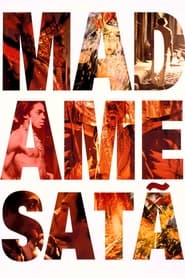 A story inspired by the life...
A story inspired by the life...Madame Satã 2002
A story inspired by the life of one of the most remarkable figures in Brazilian popular culture, João Francisco dos Santos (1900-1976). In turn, bandit, transvestite, street fighter, brothel cook, convict and father to seven adopted children, dos Santos – better known as Madame Satã – was also a notorious gay performer who pushed social boundaries in a volatile time.
 A documentarist is convinced by her...
A documentarist is convinced by her... Iremar works at the rodeo in...
Iremar works at the rodeo in...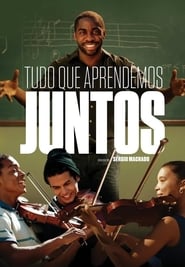 After failing to be admitted into...
After failing to be admitted into... Jssica is a teenager from Brazilian...
Jssica is a teenager from Brazilian...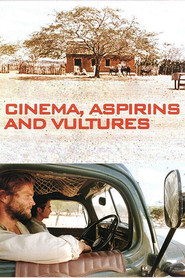 1942 in the middle of Northeastern Brazil...
1942 in the middle of Northeastern Brazil...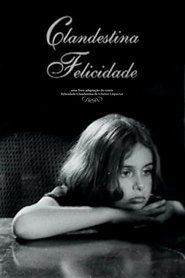 Scenes of the childhood of a...
Scenes of the childhood of a...
